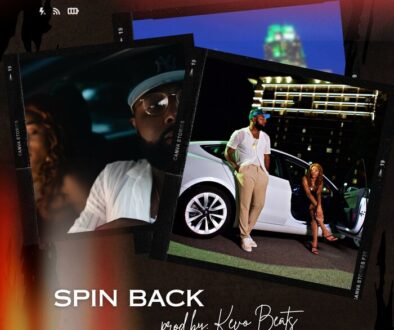DIY vs Indie Labels vs Major. What you need to know
The Music Industry is large, beautiful and a complicated industry that has been changing for decades. What hasn’t changed is that artists need. An artist will always need help with marketing, distribution and growth in popularity. Artist of the past would sign to a major label and all of those things would be done, but now there are more than one way to present yourself.
As the recording industry continues to battle against the steady decline of physical album sales, and now steady decline in digital album sales, it can be difficult as an independent musician to determine the best path to take for long-term growth and success.
Ultimately this crossroads is met with three separate avenues:
-
DIY (Do It Yourself)
-
Independent Label
-
Major Label
There are pros and cons to each avenue, which should be weighed carefully against what type of musician / band you are and how you expect to see growth.
DIY Pros and Cons
Pros:
100% Creative Control: No label means you have complete control over the direction of your music. You also have complete control over your marketing, and the free will to say yes or no to any opportunities that come your way. Simply put, this is the most ideal scenario possible for an artist.
100% Rights Retention: Without a label, any revenue generated from things like album sales and sync licensing deals goes right into your pocket.
Build Your Own Team: While DIY means Do It Yourself, it doesn’t mean do it alone. You are your own boss, so you can surround yourself with the people who share in your vision and have the skills to help you to move your career forward.
Cons:
Limited Resources: No label means any money for things like recording, distribution, marketing, etc. all come from your pocket.
Limited Network: One of the biggest benefits to a label is the access to their existing network which can open significant doors and create opportunities for you and your music. Without a label, your network can be limited to those who you know directly.
Independent Record Label Pros and Cons
Pros:
A Team that Believes in Your Music: Indie music labels are smaller companies who are less likely to be pressured by a board of directors to sign a specific sound, or promote a specific look just for success on the charts.
Personal Relationships with Your Team: Independent record labels tend to have much smaller artist rosters, allowing you to get more face-time with your team to discuss things like strategy and execution.
Pro-Artist Contracts: Indie label contracts are known to be more artist-friendly, giving the artist more money for their work through either profit-sharing programs, or simply a larger percentage of revenue than given by the major labels.
Cons:
Funding: An issue for independent labels, being that they can range so greatly in size and success, is funds. A lack of funding means a smaller budget for recording, production of physical disks, packaging, distribution costs, tour support, merchandise, etc.
Size: Although a smaller size allows artists to form stronger relationships with an indie record label, it also means that the label itself has less influence and reach within the industry.
Major Label Pros and Cons
Pros:
Funding: Although budgets are not what they used to be, the majors still have far more money for things like marketing and production.
Networking and Connections: Long-standing reach and influence comes with a deep-seeded rolodex of contacts across all aspects of the industry.
Reputation and Influence: Obviously size can make a significant difference when dealing with the biggest names in music. Being signed to a major label has its benefits, in that larger media outlets and bigger opportunities may be more likely to take interest in you.
Cons:
Significant Turnover: Contrary to popular belief, major labels do sign many artists, but much of what is signed quickly gets turned over and dropped by the label.
Artist Unfriendly Deals: Being that major label record companies are a business, they likely do everything they can do profit as greatly as possibly from their investment in you, your music and your brand. Not only does this mean the possibilities of small royalties, but it means the artist does not get to keep the rights or even the creative control over their music.



